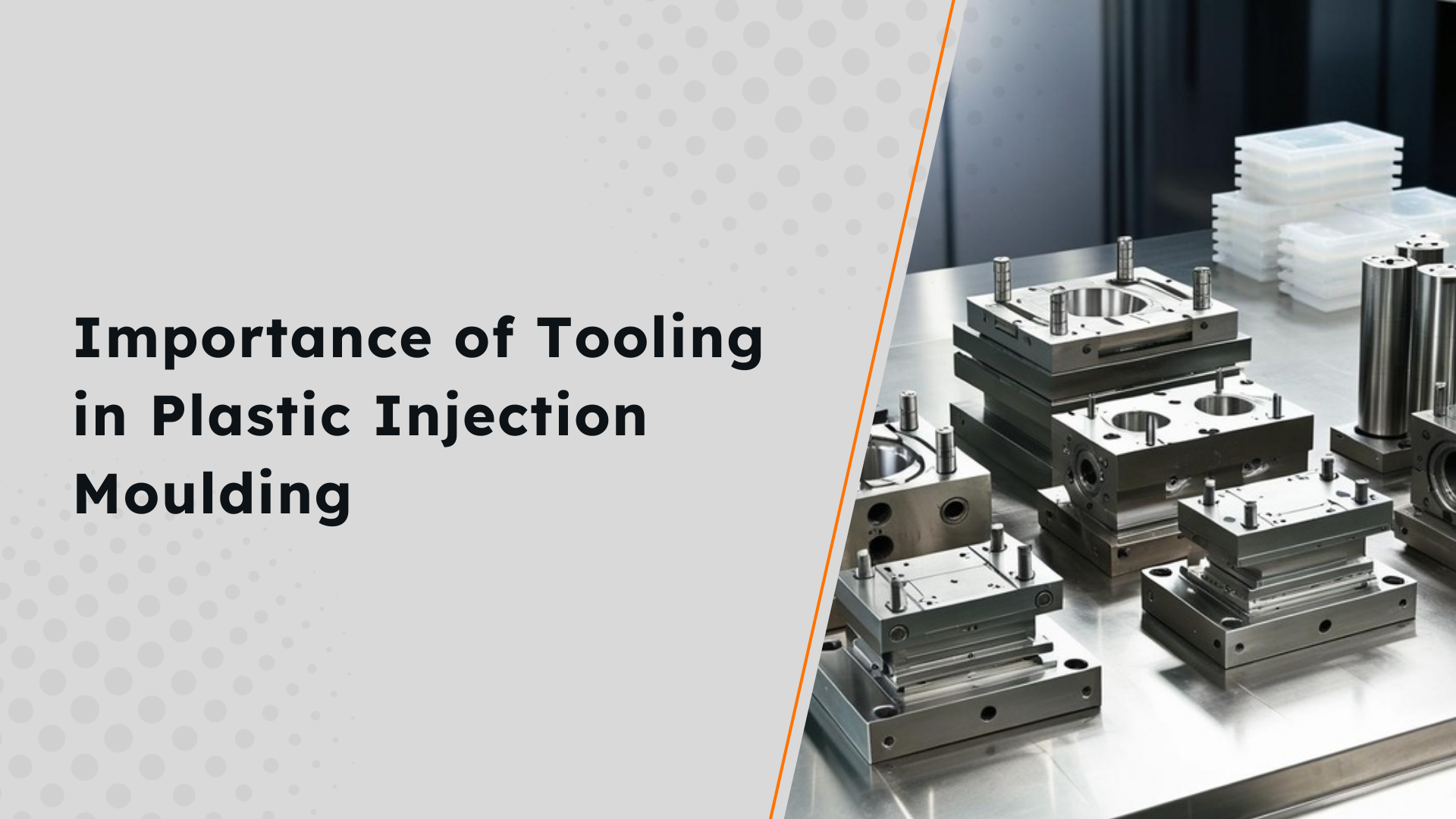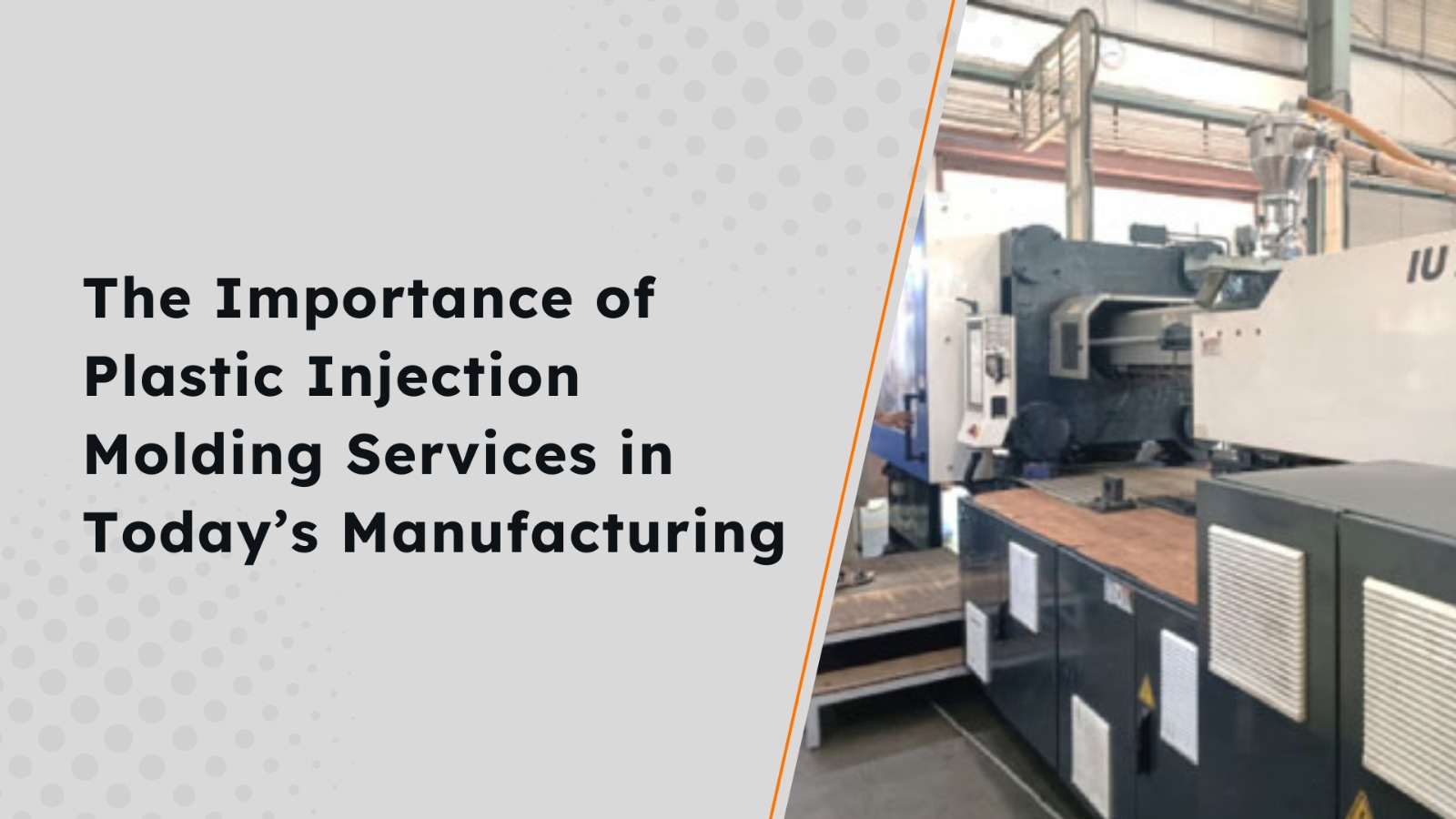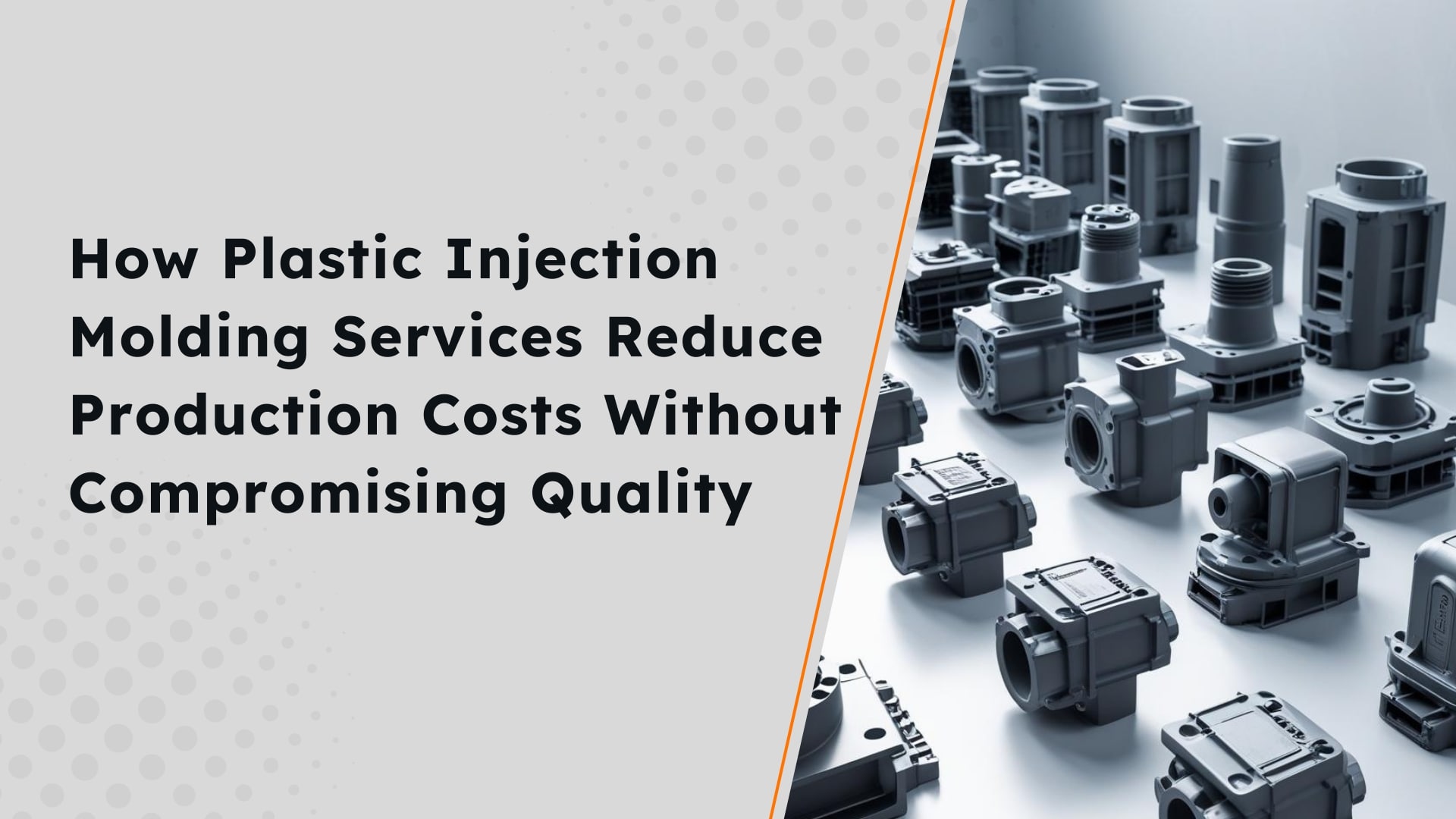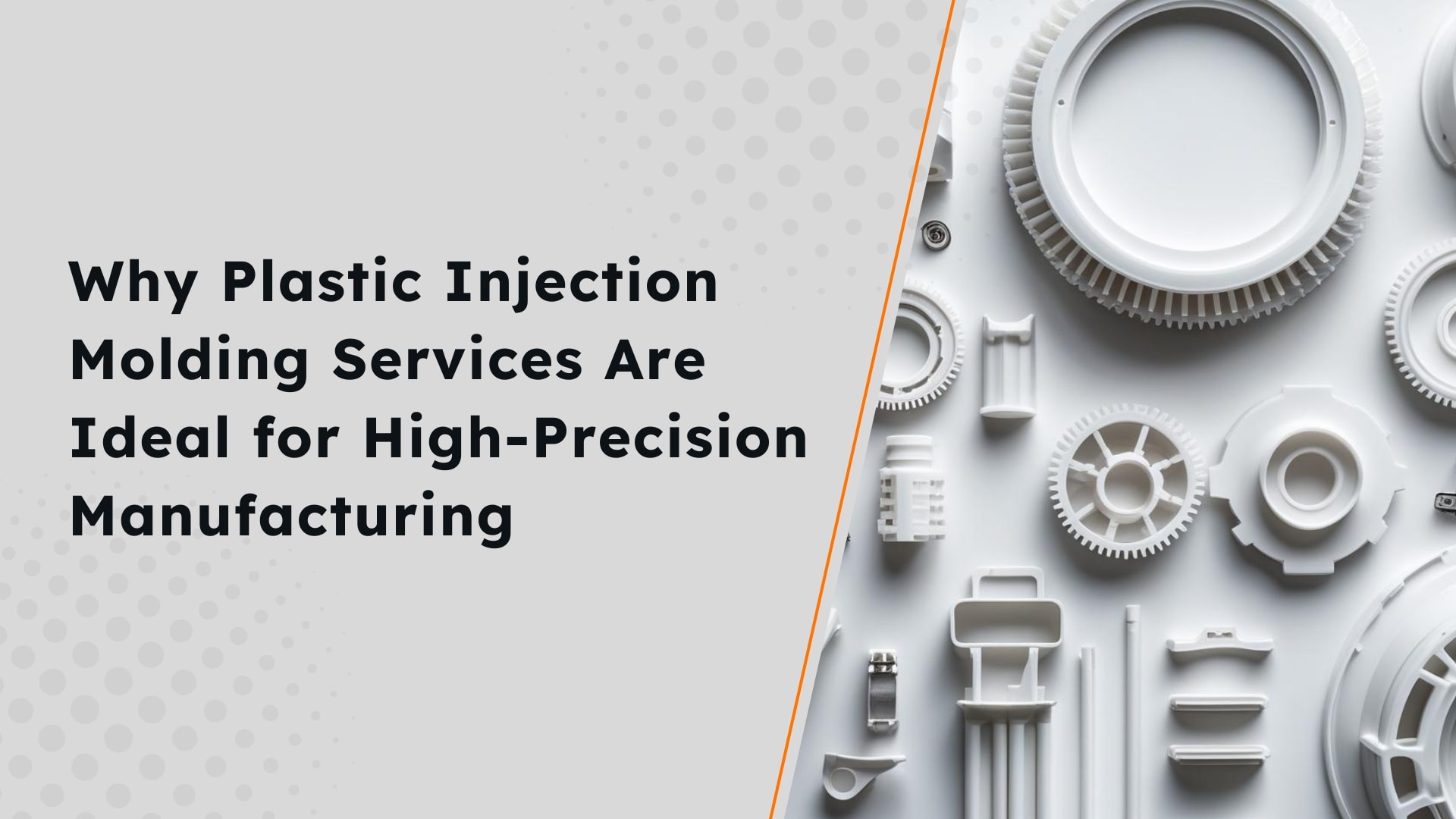
Importance of Tooling in Plastic Injection Moulding
Tooling is the cornerstone of Plastic Injection Moulding - without tooling, nothing stands! It is the determining factor for the quality, accuracy, and efficiency of your productions, regardless of whether it’s automotive parts production or electrical parts.
But what is tooling? And why is it so vital in the plastic moulding process? Let’s take a closer look.
What Is Injection Mould Tooling?
The process of injection mould tooling refers to the creation of the mould or die that uses molten plastic to create a plastic product. The tooling is designed with specific cavities that simulate the geometry of the product to be produced. They must be specifically designed to precise tolerances to eliminate defects, and to ensure a consistent product.
Why Is Tooling Critical in Plastic Injection Moulding?
1. Dimensional Accuracy and Repeatability
Tooling enables the production of parts to specified dimensions consistently. In industries such as automotive and medical, a small deviation in precision plastic parts could lead to large performance issues. Tooling ensures that dimensions and repeatability are accurate in production.
2. Material Flow and Cooling
The performance of most plastic moulding processes, whether injection, blow, or rotational moulding, is heavily based on the flow of the material into the mould, as well as the cooling of the material. An undesirable tooling design, as previously stated, can warp the finished part, cause shrinkage, or create weak spots. With properly designed tooling, the material fills the mould evenly, cools faster, and creates a much stronger, more durable product.
3. Cycle Time and Production Efficiency
Quality injection mould tooling is designed to minimize cycle time, which means more parts can be produced in a given time period. This leads to increased production and decreased overhead costs, an important factor for high-volume plastic injection moulding manufacturers.
4. Lower Long-Term Costs
While the upfront cost for tooling may be expensive, the longevity and durability of quality tooling mean reduced repair, downtime, and part rejection.
FAQ’s
Can poor tooling impact product quality?
Yes, definitely! Poor tooling or worn tooling can create flash, sink marks, incomplete parts, and weakened structure (and more)—potentially breaking the entire plastic moulding process.
How long does plastic injection mould tooling last?
In plastic injection moulding, with proper maintenance, steel tooling can last for hundreds of thousands and even millions of cycles, depending on the material and complexity.
Is tooling different for precision plastic parts?
Yes. Precision plastic parts need tooling that meets extremely tight tolerances. This typically includes high-precision CNC machining, quality materials, and detailed design work.
Conclusion: Tooling Is the Backbone of High-Quality Plastic Moulding
In the field of plastic injection moulding, tooling is not just a process—it is the basis of quality, speed, and consistency. High-performance injection mould tooling is essential for precision, minimising defects, and achieving cost-effective and high-volume production of precision plastic components.
At Roots Polycraft, we understand that tooling is a vital step in the plastic moulding industry. Our state-of-the-art infrastructure, our talented engineers, and our ability to create high-precision tools to meet the requirements of various industries. Roots Polycraft can offer end-to-end moulding consolidation for industries with challenging applications. Whether you're starting a new project or scaling an existing one, partnering with an experienced plastic injection moulding company like Roots Polycraft ensures long-term manufacturing success.
Related Blogs

Today’s electronics manufacturing requires components that are as precise as...
Read More
Manufacturers require solutions that allow for precision, scalability, and superior...
Read More
Cost efficiency has been and still is king in the...
Read More
In the current manufacturing world, very few businesses are reaching...
Read More